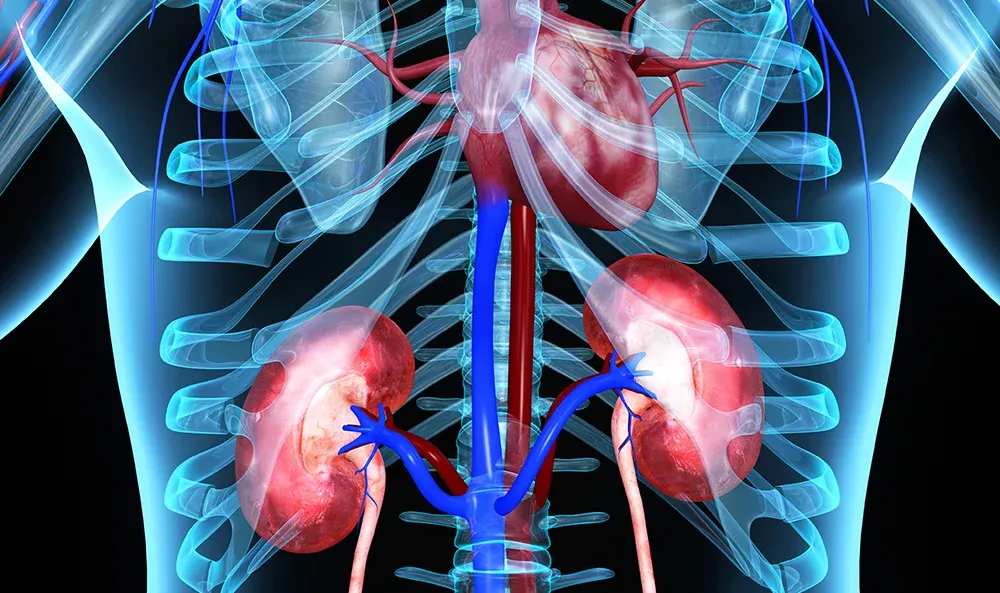Scientists at Mass General Brigham have created HPV-DeepSeek, a blood test that can detect HPV-linked head and neck cancers nearly a decade before diagnosis.
By finding viral DNA in the bloodstream, the test achieved 99% sensitivity and specificity. This breakthrough could lead to earlier, less invasive treatments and significantly improve survival. A large NIH trial is underway to confirm the results.
Human papilloma virus (HPV) is responsible for about 70% of head and neck cancers in the United States, making it the leading HPV-related cancer and one that continues to rise in frequency each year. Unlike cervical cancer, which can be detected through routine screening, there is currently no test that can identify HPV-associated head and neck cancers before symptoms develop. As a result, most patients are diagnosed only after the tumor has expanded to billions of cells, often spreading to nearby lymph nodes and causing noticeable symptoms. Finding a way to detect these cancers much earlier could allow for prompt treatment and better outcomes.
A new federally funded study published in the Journal of the National Cancer Institute by researchers at Mass General Brigham introduces a promising advance. The team developed a liquid biopsy test called HPV-DeepSeek, which can identify HPV-linked head and neck cancers up to 10 years before symptoms begin. Detecting the disease this early could increase the chances of successful treatment and reduce the need for aggressive therapies, the researchers report.
Know more: https://www.sciencedaily.com/releases/2025/10/251013040337.htm
IMAGE: © <a href='https://www.123rf.com/profile_rawpixel'>rawpixel</a>, <a href='https://www.123rf.com/free-images/'>123RF Free Images</a>











